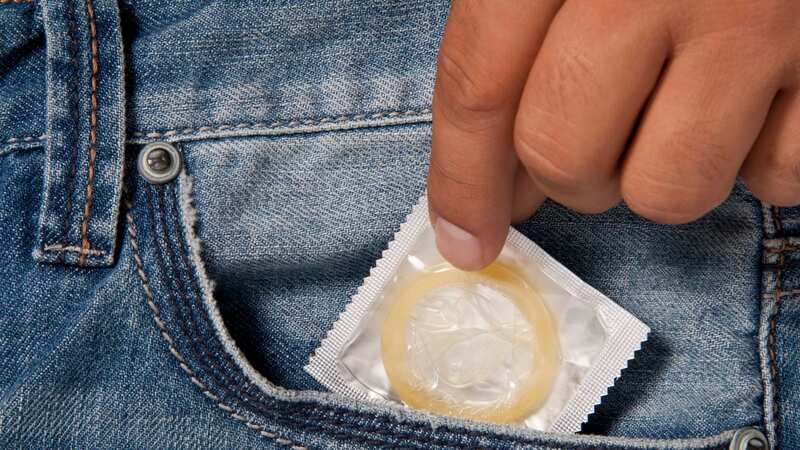Frisky freshers urged to wear condoms as gonorrhoea cases go through the roof

The government has issued a desperate gonorrhoea warning to students as they beg freshers to wear a condom this new academic year with cases reaching a record high.
Starting university is an immensely exciting and nerve-wracking time for new students, being dropped into often a new city with hundreds of new faces leads to new relationships developing. Freshers week, the first week where students take the time to party, socialise and get to know one another is a huge part of starting university.
As apart of these, students will sometimes enjoy sex with one another, given the freedom and lack of parental supervision, and new and exciting peers they find themselves surrounded by. This has actually led to concern amongst health chiefs as gonorrhoea levels reach record highs, and there are worries promiscuous students might help send them even higher.
The UK Health Security Agency has warned that there is a “very real danger” of catching a sexually transmitted infection (STI) if students don’t wear a condom during sex. The public health group has taken the step to plead with students to wear protection during sex with any new partners, and get tested regularly.
This comes as gonorrhoea diagnosis rocketed to 82,592 in 2022, up over 50 per cent compared to the year previous. This may be partly due to the country fully moving on from the pandemic, but young people, aged 15-24, remain most likely to be diagnosed with an STI. In 2022, over 400 young people a day received such a diagnosis.
 Gareth Thomas' ex says 'people run for the hills' after his HIV diagnosis
Gareth Thomas' ex says 'people run for the hills' after his HIV diagnosis
Whilst such rises are partly due to increases in testing, the scale of increase is indicative of more STI transmissions in the country. On top of that, there are worries that gonorrhoea is becoming increasingly resistant to antibiotics and is at risk of becoming untreatable in the future.
Dr Katy Sinka, Head of Sexually Transmitted Infections at UKHSA, said: “Starting university can be an exciting time. But it is very important to be aware of the risks of catching STIs from condomless sex. STIs can have serious consequences and there are very high numbers of STIs at the moment – but there are some easy steps you can take to reduce your risk of infection.
“Condoms are the best defence against STIs. If you didn’t use one the last time you had sex with a new or casual partner please do get tested even if you are not showing any symptoms, it’s free and confidential. If you’re a student going to university for the first time or returning for a new year, it’s a good idea to get tested before you start having sex with a new or casual partner.
Laura Domegan, Head of Nursing at Brook, the sexual health and wellbeing charity, said: “The STI stats speak for themselves. It’s never been more important to think about condoms and testing. Condoms are the only method that protect us from STIs so make sure you have some handy and know where to get more.
“Brook’s website will help you find where to access free condoms. And if you or your partner don’t like wearing condoms, remember they are available in different shapes, sizes, textures, colours and flavours which can make sex more fun.
“And if you have unprotected sex, don’t worry, get tested. Anyone can get an STI, it doesn’t matter how many times you’ve had sex or what type of sex you’re having. STIs don’t always have symptoms, so don’t wait for them. Most areas have a home testing option so you can order a kit online to be posted to you. It’s that easy.”
Read more similar news:
Comments:
comments powered by Disqus

































